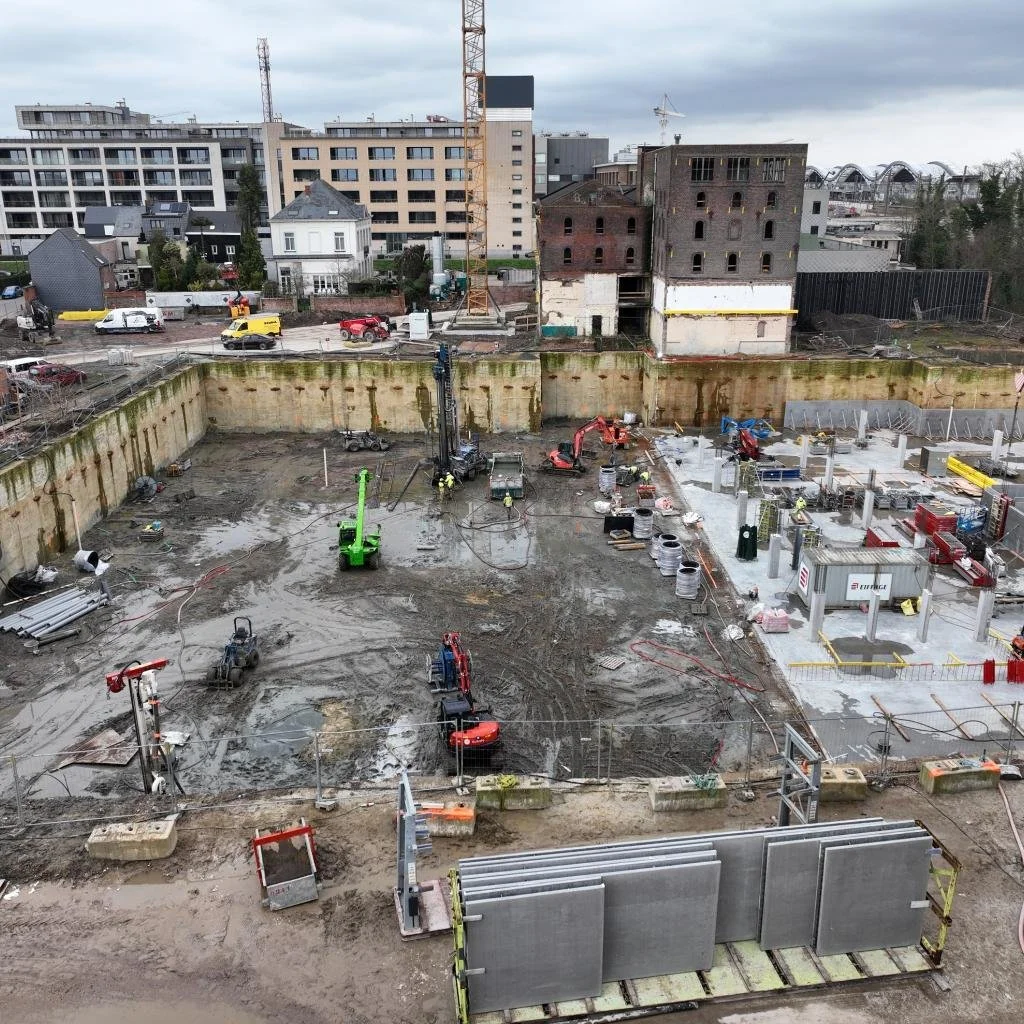Building community support for geothermal in Mechelen (Belgium)
Committed to sustainability and innovation, the city of Mechelen aims to replace fossil fuels in its heating system by 2050. This requires connecting 1,400 buildings every year to renewable heating systems – a task that requires finding the right local heating sources and gathering wide public support for the transition. Geothermal is the foundation for this inclusive and rapid transition.
Finding support for sustainable initiatives
Decarbonising a city-wide heating system can be challenging. Mechelen addressed one of the main hurdles, political risk, with an innovative yet highly replicable solution - the Heat Coalition. The Heat Coalition comprises over 25 organisations ranging from the city to local businesses, knowledge centres and civil society. It is responsible for coordinating and implementing Mechelen’s heat plan.
This collective approach has normalised the transition for all inhabitants and businesses and fostered understanding that everyone will benefit from the transition.
“For me, the biggest advantage is that with these technologies we save a lot of CO₂ emissions, and it’s comfortable,” says Xaveer, from the Gumm Cohousing Project. He would certainly recommend it to other residents of Mechelen: “Think ahead— you don’t build a home for just 5 years.”
Another important detail convincing citizens is the economic aspect of these projects, as they offer users a stable and affordable price all year round, and aren’t dependent on external suppliers.
“It is precisely these far-reaching investments that convince tenants to leave their old sites and move to this particularly energy-efficient project. The savings in energy costs by far exceed the higher rent after the move.”
Geothermal Projects in Mechelen
In Ragheno, Mechelen’s train station district, a geothermal heating network is under construction to supply renewable heating and cooling to residential and office buildings. 90 boreholes, as deep as 150 metres, will support this 11.7 km network with lower cost geothermal heat to more than 2.500 dwelling units and more than 100.000 m² of office space, starting 2026.
From 2025, the Keerdok district will be served renewable heating and cooling all year with a geothermal and sewage waste system catering for over 250 households. The budget for both projects was €250,000.
Many smaller geothermal projects have also been supported by the city: the Gumm cohousing initiative is a great example. Previously a school complex, this site is now home to 25 families of different generations who share economic, social and environmental benefits. For sustainable and affordable heating, the housing units are connected to a networked geothermal system.
An award-winning project
Mechelen’s comprehensive approach to energy security and decarbonisation, in which geothermal energy takes a centre role, has already been recognised at the European level. The city has been awarded the “2025 Covenant Award” for its achievements in heating and cooling decarbonisation.


